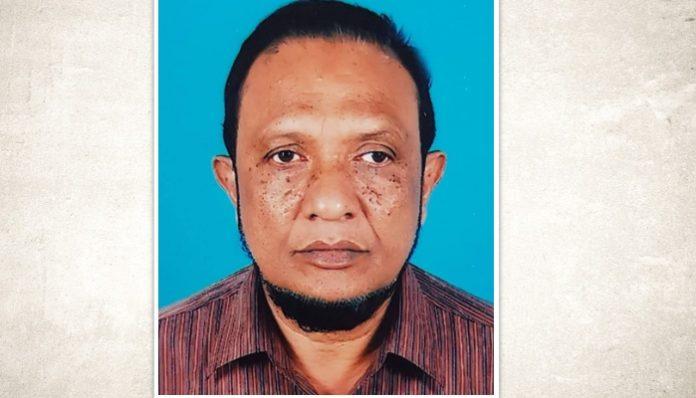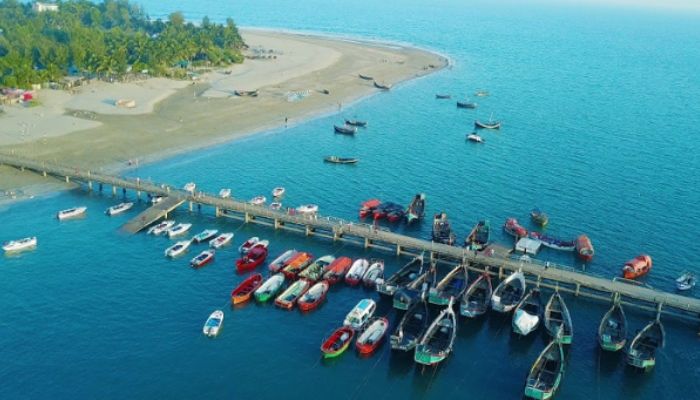In October 1962 John F. Kennedy, President of the United States of America and Nikita Kruchev, the then Prime Minister of Soviet Union who were both the nuclear powers might be playing out the scene of the World War III. The crisis started suddenly. The United States uncovered that the Soviet Union inspite of repeated denials was quickly installing nuclear missiles in Cuba and accordingly, an American u-2 spy plane already collected the photograph of the bases, Inspite of the advice by the advisers, President Kennedy chose an artful restraint and laid down a naval quarantine. Within six days Kruchev ordered dismantling of soviet missiles. American restraint as decided by its president wanted as important as strength.
In fact, American forces took no action What so ever that would have compelled an instant ill-considered response. Even America limited its demands only to the restoration of the status quo ante, that is removal of any soviet nuclear capability from Cuba. There was no demand for the total victory or un-conditional surrender. These American choices gave as in no stage Soviet Union was humiliated during Cuban crisis by America under Kennedy’s leadership. President Kennedy never agreed with the view that the missile crisis should be used to finish Mr. Castro, the Cuban Prime-Minister forever, it is really a wrong decision for either side to leave the other with no way out but bloody war or intolerable humiliation.
Ultimately the resolution of the Cuban missile crisis was achieved honorably. It was undoubtedly historical achievement of John F. Kennedy and the then Prime-Minister of Soviet Union Nikita Khruchev. Kruchev’s thinking about destructive capacity of nuclear weapons clearly elaborated in his auto-biography which he wrote secretly after his resignation as the Prime-Minister of Soviet Union. He wrote in that book, “There are those who don’t seem able to get into their heads that in the next war, victor will be barely distinguishable from the vanquished. A war between Soviet Union and the United States of America would almost certainly end in mutual defeat.” But unfortunately, now-a-days almost majority of the Nuclear Powers of the world talk in such a way that after a nuclear war, there will be winners. World’s prominent writer Bernard Shaw said, “The sense that is uncommon is common sense.” After above quotation of Bernard Shaw, we are confirmed where their mistake lies.
United States of America had no diplomatic relations with China. While the first historical visit of China of the president of United States, Mr. Nixon took place in the month of February 1972.
At that time Soviet Russia and Republic of China had no diplomatic relation with each other and Soviet Russia already mobilized a huge number of Russian soldiers at Chinese borders. DURING Nixon visit of China in 1972 for the first time, China was not a major power, at best it was a developing country. But China was very much eager to have good relations with United States of America for the access to American market and for a huge American investment in Chinese market and China was also very much interested for American muscle to face Soviet aggression. Mr. Nixon wrote in his book “victory without war”. “During over twenty hours of meeting I had in 1972 with Mao and Zhou-En-lai, the Chinese did not raise economic issues. What mattered to China’s leaders was not American money but American muscle. China and United States were brought together by over-ridding imperatives of national security of China. In fact, Soviet Union, ideological mentor, became dangerous opponent. Soviet Troops massed along Chinese northern border along with Soviet missile targeted Chinese cities and at the same time Soviet Union increased its economic aid and military arms to India, a powerful antagonist and a defendable enemy of China.
So, China naturally found no alternative choice but to reach United States of America, The most powerful adversary of the then Soviet Union. It was a choice before China between the ideology and survival, naturally China had chosen its survival. Exactly United States of America also extended its friendship to China for the same reasons. It has been done by America only for deterring the Soviet Union.
The most interesting point is that, according to Communist doctrine, Communist class struggle will not be ended without Communist victory. Hence, any soviet move, no matter how belligerent, advances the causes of peace, while any capitalist policy, no matter how conciliatory, serves the end of war. Until final issue between capitalism and communism is decided said Lenin, “The State of an awful war will continue…. Sentimentality is no less a crime than the cowardice in war.” What about evolution of Chinese Communism itself? Deng Xiaoping, his comrades and his successors facing a dilemma, they undoubtedly understood that doctrinaire communism doesn’t at all work. They are rather impressed by what they see in Japan, South Korea, Singapore and other non-communist countries compared to their own situation.
Present Chinese leaders clearly know that what China needs is a great leap-forward and that communism won’t get them there.
Mr. Nixon who visited China as the president of united states of America in the year 1972, gave an interview in the month of November 1982, i.e., Almost after ten years of his China visit, To Time Magazine where he said, “China with its population and resources, is essentially going to be a Super-power in any event”. It is vital that we help them to become a super-power associated with the west rather than one that is against us.
Developing that relationship which will take skillful leadership, could be the overriding factor of the next ten years, perhaps of the next century. It may change the world.
Before ending the article, I want to add a quotation from Kissinger’s book, “White house years.” Where he wrote, “The Chinese did not believe in any ideology they believed primarily China.”
Kissinger wrote the book after returning from China tour he accompanied Nixon in the year 1972. He was actually pioneer of China journey of Nixon, The then president of America.









